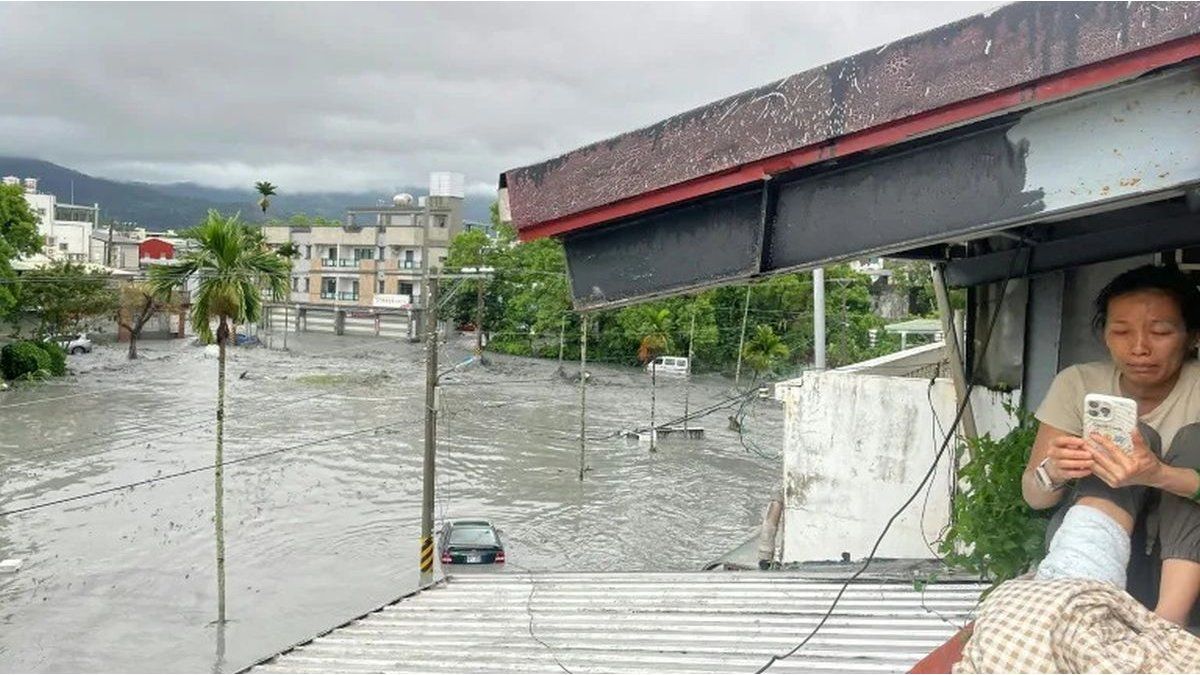The price of meat this week exceeded 1,000 pesos per kilo in some butcher shops in the metropolitan area, while the Government continues to analyze how to stabilize it. A review of the cuts most in demand showed that the inflationary race is not stopping.
The owner of the Federal Capital Butcher’s Association of Owners, Alberto Williams, admitted the price hike. He warned that these values ”are not within the reach of the purchasing power of the people.” He also said that it is very possible that consumption will begin to suffer strongly.
The kilo of roast rose from $ 700 to $ 1,000; the buttock went up to $ 1,200, and the loin to $ 1,400 in some Buenos Aires butcher shops. Williams also explained that although the farm rose 20%, for the butcher, “it means much more” in their costs.
The rise occurs amid signs that there are differences of opinion within the Government on what measures to apply.
While the Secretary of Internal Trade, Roberto Feletti, would be in favor of raising the withholdings on meat exports, the Minister of Agriculture, Julián Domínguez, spoke about the possibility of eliminating restrictions on exports at the end of the year.
Meanwhile, the presidential spokeswoman, Gabriela Cerruti, said that the increase in export duties “is not a topic that is being talked about now.”
In the middle of the year, in the face of a scenario of strong price rises, export quotas were set that allowed the values to diminish for a few months.
But in recent weeks the lack of supply has been felt again, while farm prices rise in Liniers.
In addition to increasing withholdings, Feletti mentioned the possibility of creating a trust like the one in the oil sector.
Through this fund, exporting companies subsidize the price in the domestic market.
The price of meat remains up to 25% higher than the previous week in butchers and some cuts already exceed $ 1,000 per kilo.
For his part, the president of the Chamber of Industry and Commerce of Meat (Ciccra), Miguel Schiariti, rejected the possibility of implementing a trust to lower prices.
“Who will they give the funds to? The 220,000 producers, the 4,000 slaughterers and industrialists, the 50,000 butchers or the 45 million final buyers?”
There are also doubts among specialists about the level of transparency that a system of these characteristics applied to the meat sector would have.
Source From: Ambito
David William is a talented author who has made a name for himself in the world of writing. He is a professional author who writes on a wide range of topics, from general interest to opinion news. David is currently working as a writer at 24 hours worlds where he brings his unique perspective and in-depth research to his articles, making them both informative and engaging.




